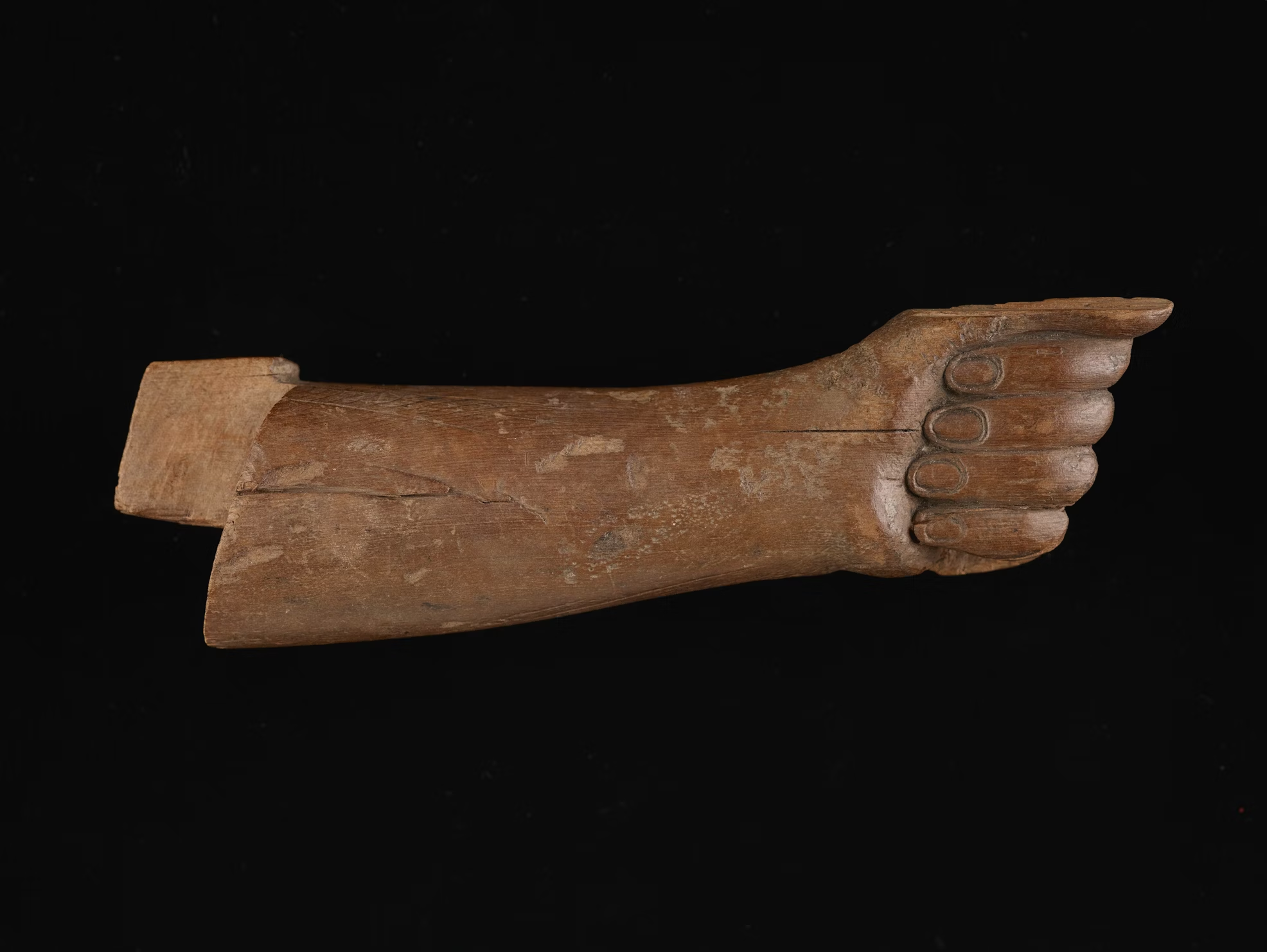Nerve Damage Compensation: A Complete Guide to Workplace-Related Nerve Injury Claims
Nerve damage is a serious and often life-altering condition that can be caused by workplace accidents, repetitive strain, heavy lifting, or exposure to unsafe equipment or tools. If your nerve injury has developed or worsened due to the nature of your job, you may be entitled to claim compensation for the pain, hardship, and financial impact you’ve experienced.
Nerve-related injuries can significantly affect your ability to work, carry out daily activities, and enjoy life as you once did. With the help of a specialist personal injury solicitor, you can pursue the justice and compensation you need to move forward.
How to Make a Workplace Nerve Damage Claim
Filing a claim for nerve damage linked to your work can feel daunting, especially if you’re dealing with pain or limited mobility. Here’s a step-by-step guide to help you begin the claims process with confidence:
Step 1: Book a Free Consultation
Start by getting in touch with our team for a free, no-obligation consultation. Whether online or by phone, we’ll listen to your situation and assess if you have a valid case. If so, we’ll explain how we can support you throughout your entire claim.
Step 2: Information We’ll Need From You
To properly investigate your claim, we’ll ask for specific details, including:
- When and how your symptoms of nerve damage first began
- The nature of your job and how long you’ve been doing it
- Details of any relevant employers or workplace environments
- Medical documentation confirming the diagnosis and treatment
- Evidence of physical strain, trauma, or exposure to hazardous tools or chemicals
- Any workplace reports, complaints, or accident logs
- Witness statements, occupational health records, or risk assessments
Once gathered, your case will be handled by a solicitor with deep experience in industrial injury and neurological claims.
What If Your Employer Denies Responsibility or Has No Insurance?
Even if your employer disputes the claim or lacks proper insurance, you still have legal options. Your solicitor may:
- Investigate past insurance coverage through official databases
- Determine if health and safety laws were breached
- Gather expert medical and workplace evidence to establish liability
- Pursue your claim through legal proceedings if necessary
Having a clear paper trail—from medical reports to workplace documentation—can greatly strengthen your case
Who Can Make a Nerve Damage Claim?
You may be eligible to claim compensation if your nerve damage was caused or worsened by work-related conditions such as:
- Accidents involving machinery or equipment
- Exposure to vibrating tools (e.g. power drills, grinders) over time
- Repetitive strain injuries from typing, lifting, or manual tasks
- Crushing injuries from falling objects or workplace vehicles
- Falls from height or slips and trips
- Electric shocks or chemical exposure causing internal damage
- Lack of safety equipment, training, or hazard warnings
Whether you’re a current employee, former worker, or contractor, you could be entitled to compensation if your injury resulted from negligence or unsafe practices.
What Compensation Can You Claim for Nerve Damage?
The value of a nerve damage claim depends on the severity of the condition and how it affects your life now and in the future. A successful claim may cover:
- Medical expenses: Including diagnostics, surgery, physiotherapy, and medication
- Loss of income: If you’ve had to stop working or change your role
- Pain and suffering: Physical discomfort and emotional distress
- Long-term care: For mobility assistance, rehabilitation, or specialist support
- Travel expenses: For hospital visits and therapy appointments
- Home or vehicle adaptations: If your mobility has been impacted
- Loss of quality of life: If the injury prevents you from doing things you once enjoyed
Your solicitor will work to ensure every aspect of your financial, emotional, and physical loss is accounted for.
Can I Claim on Behalf of Someone With Nerve Damage?
Yes, if a family member is unable to make a claim themselves due to incapacity, age, or health, you may be able to claim on their behalf.
- Parents or guardians can act for children under 18
- You can claim for someone who is elderly, mentally incapacitated, or has passed away due to their injury
- We handle these sensitive cases with great care and compassion, always focusing on the injured person’s best interests
How Long Does a Nerve Damage Claim Take?
The timeframe varies depending on several factors, such as:
- Whether your employer admits fault early on
- The medical complexity and whether further assessments are needed
- Disputes over liability, historical exposure, or working conditions
- The extent of your injuries and long-term prognosis
Some cases can be resolved in a few months, while more complex claims involving multiple parties or extensive medical input may take over a year. We’ll keep you informed throughout, so you’re never left in the dark.
Are Nerve Damage Claims Different from Other Work Injury Claims?
Yes. Nerve damage cases often involve invisible or delayed-onset symptoms, which makes proving causation more complex. These claims require:
- Expert neurological assessments
- Long-term medical reports and prognosis
- Proof of unsafe working conditions or repeated exposure
- Detailed records of how the injury affects your daily life
Our solicitors understand the unique challenges involved in nerve damage claims and will use their specialist knowledge to give your case the best possible chance of success.
We’re Here to Help You Regain Control
Nerve damage can limit your mobility, affect your independence, and alter your life in ways you never expected. But if your condition was caused by your job, you don’t have to deal with it alone.
Our dedicated legal team specialises in workplace injury claims, including complex nerve damage cases. We’re here to help you secure the compensation and long-term support you need to move forward with dignity and peace of mind.
Contact us today for a free consultation—and take the first step toward recovery, justice, and a brighter future.


